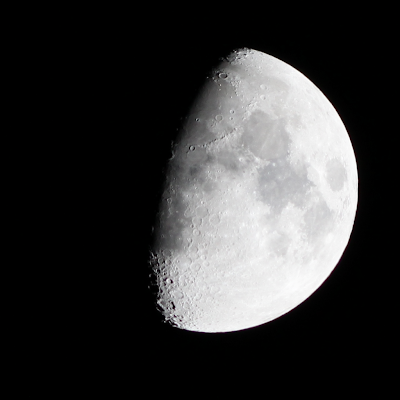But as hard as it was to do the work, it was the driving that made it really exhausting. And dangerous. By the time I left the road in 1980, virtually everyone was riding tour buses with professional drivers, but when I started we were driving (and living in) converted cube vans that the boys in the wood shop had fixed up with couches and bunks and little reading lamps. After a few tours with six or eight guys living in them, they all smelled like smoke and stale beer and ass. And that was when we started the tour. They drove like shit and had to be filled up with gas about every three hours, but we didn't really care that much.
This is about 10 years newer than our crew vans, but it's pretty much the same vehicle. Add six bunks, a couple of couches, ice chests, ashtrays and six or eight smelly hippies and you've got yourself a party. They added a mobile home style door to the back for easy access, and to ensure that we got pulled over by Immigration at every opportunity.
So after working what seemed like our zillionth 18 hour day in a row, all of us would pile in the van and someone would have to drive while everyone else got some sleep. That someone was often me, because I figured out early on that whoever drove first was not expected to drive very long, and got uninterrupted sleep thereafter. I also usually loaded the last truck, so I was typically freshly showered and as awake as I was going to get.
We were on a George Benson tour in Vancouver (or maybe Linda Ronstadt, I really can't remember anymore), when the engine in our van burned up. The transportation arm of the company, in their infinite wisdom, decided that it would be better to ship the van home to Dallas on a train than to spend 2000 of those crazy Canadian dollars to get it fixed. In the meantime, we would carry on the tour in two rental cars, which have most of the disadvantages of the vans and no place to sleep. So we became even more exhausted*, which up to that point I would not have believed to be possible.
My wife's favorite road story happened about a week later as we were driving out of Toronto on our way to Ottawa. I was too tired to drive first, so I took shotgun in the rent car and told whoever was at the wheel to wake me up when they got tired**. I fell asleep about ten seconds later.
Some time after that, I remember opening my eyes and trying to figure out where I was. We were on a two-lane road in the middle of nowhere, it was pitch black outside and the car was just entering a fairly significant left hand curve in the road. But something wasn't right with our trajectory. We were definitely not going to make it through that curve with this approach. I recall distinctly thinking, "Who's driving this thing?" That thought was followed a split second later with, "Oh my GOD IT'S ME!!!"
Now I was awake. Gravel flew as I wrestled the car off the shoulder and through the curve. My heart was pounding and my eyes were as big as ... well, as big as my eyes get. Pants may or may not have needed changing. I drove for another ten minutes or so, until I found a safe place to change drivers and wake up the one guy who had slept through the whole thing.
Apparently, we had stopped and swapped drivers and I had never woken up. The first guy swore that I had been driving for ten or fifteen minutes down that dark country road in Canada. He had already been fast asleep when I woke up. I had a history of sleep walking as a kid, and was apparently capable of performing fairly complex tasks and carrying on simple conversations, but nothing even approaching driving a car.
I was too shaken up to drive for several weeks after that. Luckily, the powers that be decided a few days later that the late/drop charges on the rental cars were getting out of hand***, and we flew the rest of the tour. This sounds better, but it's actually worse, because there are cars and hotels and airports and too much time is wasted getting from one to the other.
We all fell asleep on the sidewalk at an airport somewhere in California a couple of weeks later, waiting for the guy who had gone to fetch the rent car. Later that same day I asked someone during our lunch break how long we had before we went back to work. He told me 11 minutes. I told him to wake me up in 9 minutes and went outside for a nap on the grass. It was the best 9 minute nap ever.
____________________________
* We were also not keen on the idea of being guests of a foreign government for an extended stay, so the supplements were always left at the border. Except for Paul McCartney, but that's another story.
** This is telling of just how tired we were, since it was customary for someone to stay awake and co-pilot in the wee hours of the morning to help keep the driver awake.
*** We were supposed to return the rental cars in Vancouver the day after we picked them up. It was almost two weeks before anyone thought to call Hertz to find out what it was going to cost us to drop them on the other end of the country two weeks later.















